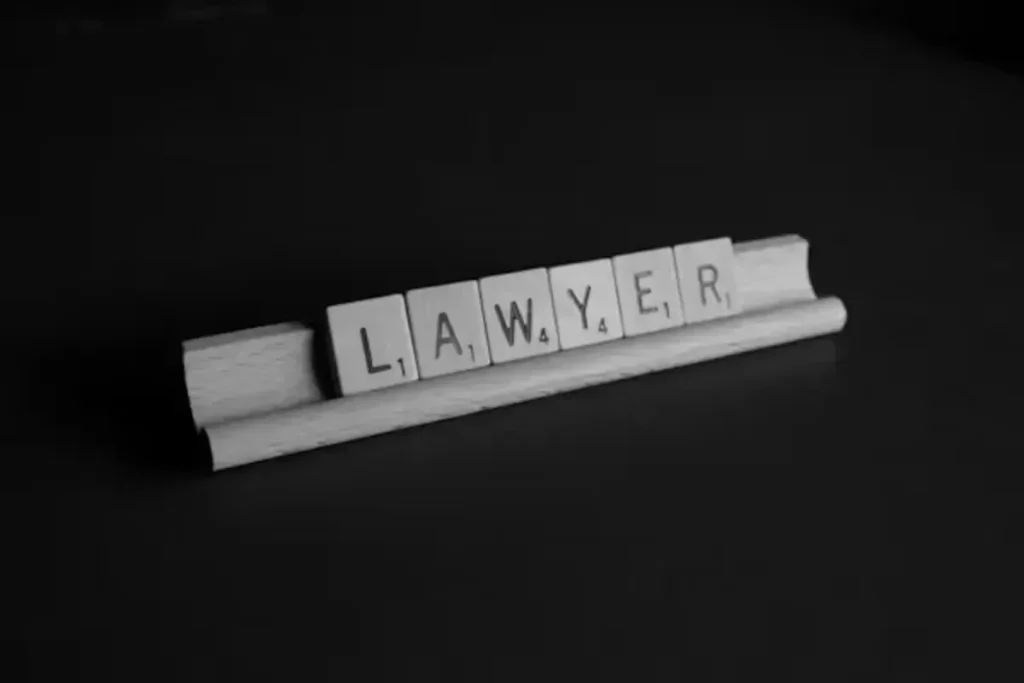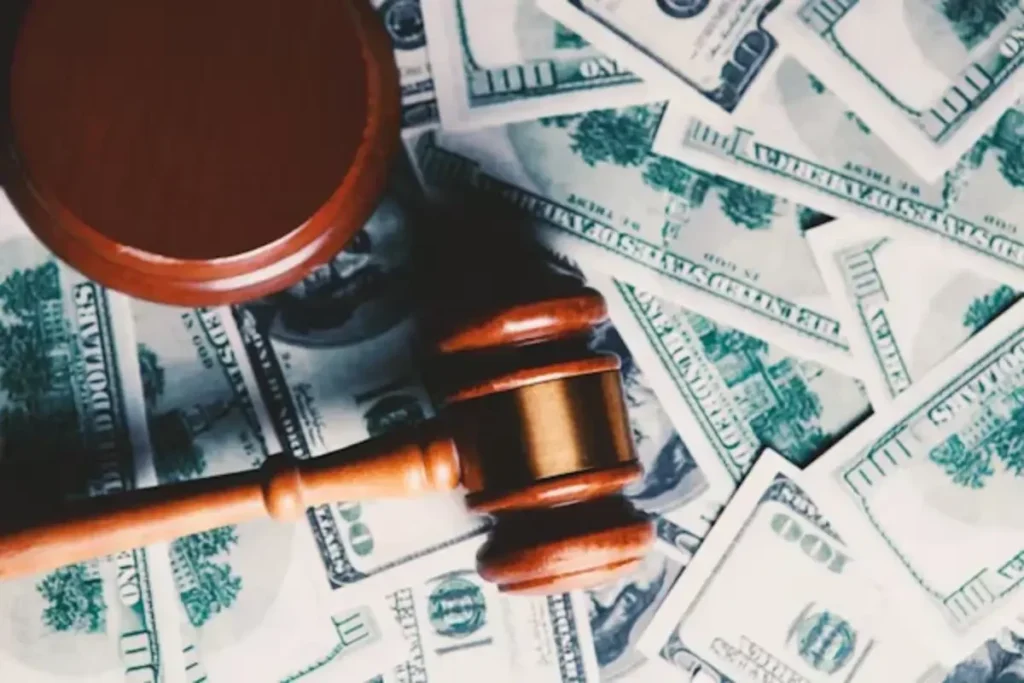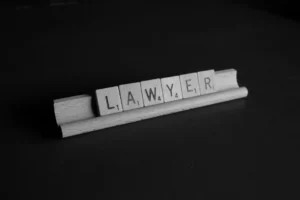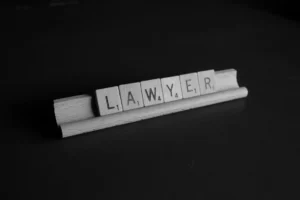Disclaimer: This article is intended for informational purposes only and does not constitute legal advice. Always consult a licensed attorney or legal expert for guidance specific to your situation. The content reflects general information and may not be accurate or applicable in all jurisdictions.
The Prison Policy Initiative reported that approximately 19 million people in the US are faced with the collateral consequences of a felony conviction, and approximately 79 million have a criminal record, excluding those who have been arrested for misdemeanors.
According to the Law Office of Joseph Ruiz, felonies are more serious than misdemeanors because they usually involve violence or intentional harm against another. In Texas state court, there are five different categories of felonies. Their punishments range from state jail felonies to third-degree felonies, second-degree felonies, first-degree felonies, and capital felonies.
This article will help you identify the cost of hiring a felony defense lawyer.
Understanding Hourly Rates vs. Flat Fees

How much does a felony defense lawyer cost? In Tampa, Florida, a criminal defense lawyer’s fee ranges from $1,500 to $3,000, depending on the lawyer’s fee structure.
They may charge you hourly rates for the time they spend on your case, and the rate can even increase if the legal case takes longer than expected due to delays, additional hearings, complex motions, or the need for extended investigation and expert consultations.
A flat fee can be charged in advance, leaving you uncertain how much money to set aside. It may not cover unexpected legal expenses, court appearances, or additional services. Therefore, carefully review the inclusions of this flat fee and clarify any limitations.
Factors Influencing Attorney Fees
Several factors can affect the fees of a felony defense lawyer. Your lawyer’s experience and reputation are primary considerations, as those with more success and recognition often charge more. You also need to consider the case’s complexity; more serious charges require additional time and preparation, which can increase costs. According to Justia, attorney fees can also vary based on the attorney’s billing method, location, and whether the case goes to trial. Understanding these aspects can help you make informed financial decisions when hiring legal representation.
| Factor | Description |
|---|---|
| Attorney’s Experience | More experienced attorneys often charge higher fees due to their expertise and higher success rates. |
| Reputation | Well-known or reputable lawyers may demand premium rates. |
| Case Complexity | Complex or high-stakes cases typically require more time and resources. |
| Location | Urban areas generally have higher legal fees compared to rural locations. |
| Fee Structure | Whether the lawyer charges by the hour, a flat fee, or a retainer affects the total cost. |
| Legal Resources | Costs may increase based on the use of expert witnesses, investigators, or analysts. |
| Court Involvement | Lengthy trials or multiple court appearances can significantly raise the cost. |
| Client’s Financial Status | Some lawyers may adjust fees based on the client’s ability to pay. |
You also need to consider the difficulty of the case; bigger cases may require more time for preparation, research, expert consultations, and payment. Location can also influence the fees; city lawyers typically accept higher fees than their counterparts in the countryside, due to increased demand and higher operating costs. The payment option, whether hourly or flat rate, may significantly impact the final amount charged to you.
Additional Costs to Consider

In addition to the lawyer fees, your case will incur other costs, such as court filing fees. Include the costs for expert witnesses that may affect your budget. Private investigations or evidence gathering can also count. These expenses can accumulate quickly, especially in complex cases involving multiple witnesses or extensive documentation.
Out-of-state meetings and separate travel expenses might also be incurred during the legal process. Services such as photocopying, transcripts, and document processing will add to your costs for miscellaneous categories. Properly budgeting for these variables is essential to avoid financial strain, and your legal defense remains thorough, uninterrupted, and effectively managed throughout your case.
Payment Plans and Financing Options

When hiring a defense lawyer, consider the payment plans and financing options available to work within your budget. A payment plan, commonly offered by lawyers, allows for making installment payments on legal fees. It can help bear the financial burden of the legal process, especially for long or complex cases. Ask your lawyer about the possibility of a payment plan, including the terms, any interest charges, and what services are covered under the arrangement, to avoid unexpected expenses later.
You can also examine legal financing. There are companies that offer this service, and the company will cover your fees. Research thoroughly, and you will find a provider that suits your budget. Discuss your financial concerns honestly with your lawyer. They may be willing to lower their fees or suggest other solutions, such as flexible payment arrangements, referrals to legal aid services, or handling only specific parts of your case to reduce overall costs.
The Importance of Experience and Reputation
Hire a lawyer who is knowledgeable about felony defense law and has successfully handled cases like yours. The lawyer’s reputation will also help settle plea deals and lead to favorable verdicts, as he is respected in the legal community. Check online reviews and seek referrals.
Weigh all costs and options when hiring a lawyer. Study the total financial expenses to help you budget effectively. Don’t be afraid to make an informed choice by exploring payment options that can minimize your financial concerns. Considering these factors, remember how having such a lawyer can play a big role in your case.












